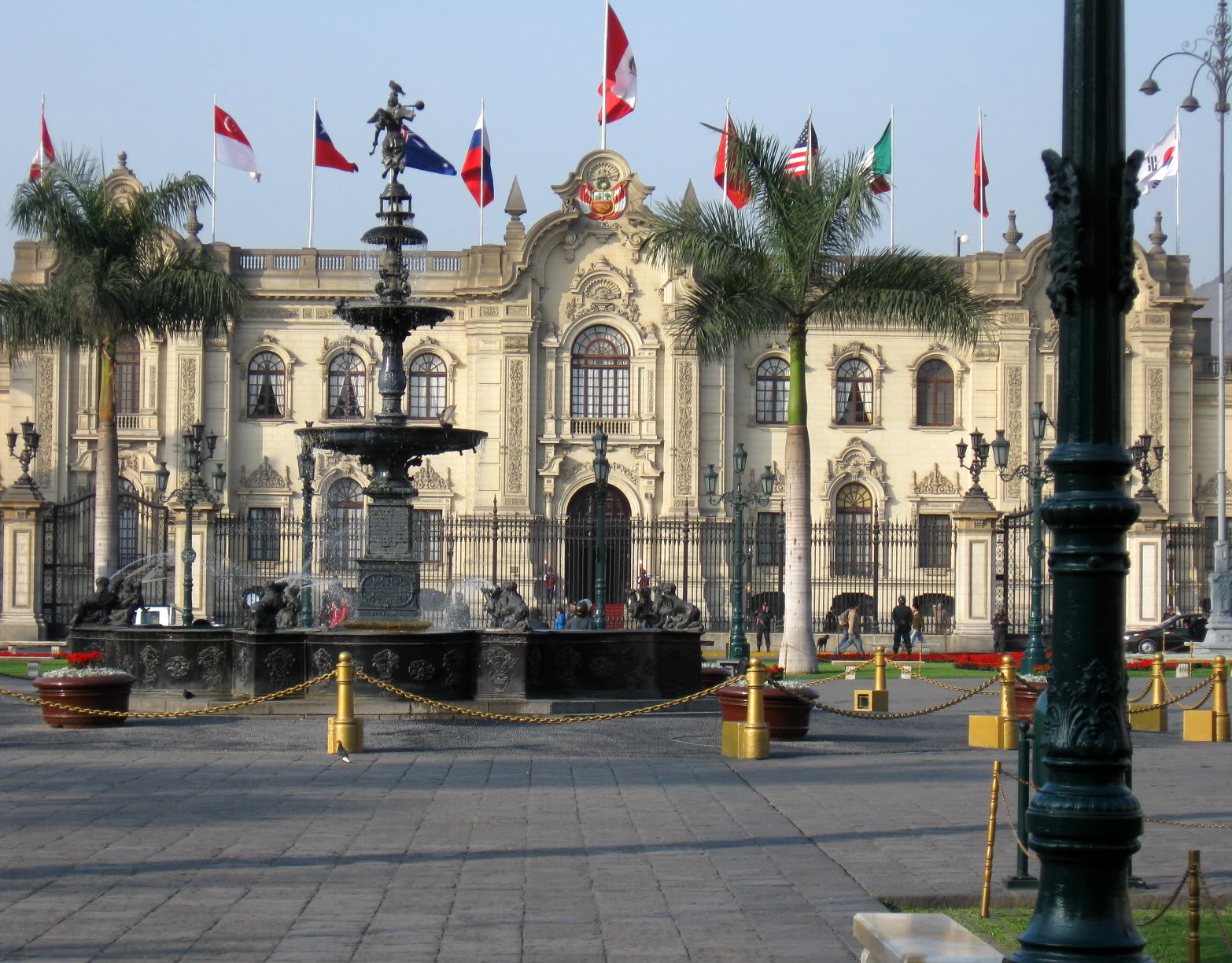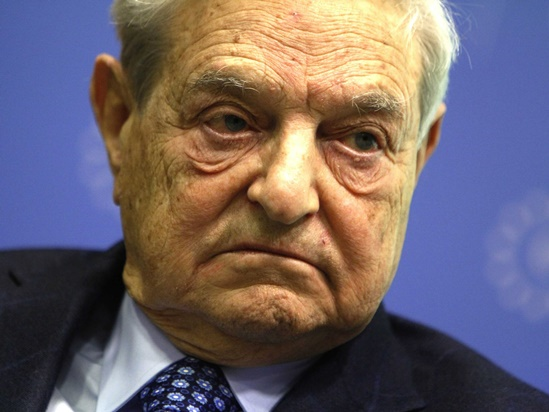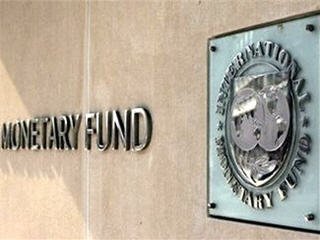ข่าวสารประเทศตลาดใหม่และอื่นๆ
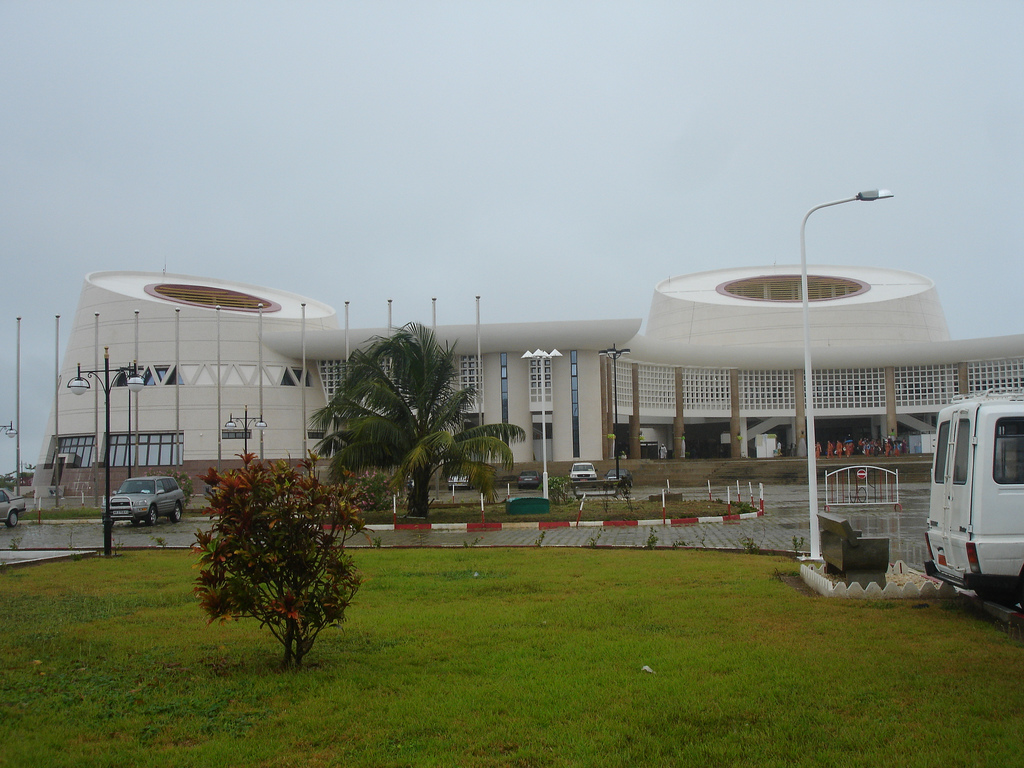
BENIN Investment Guide
26 พฤศจิกายน พ.ศ. 2557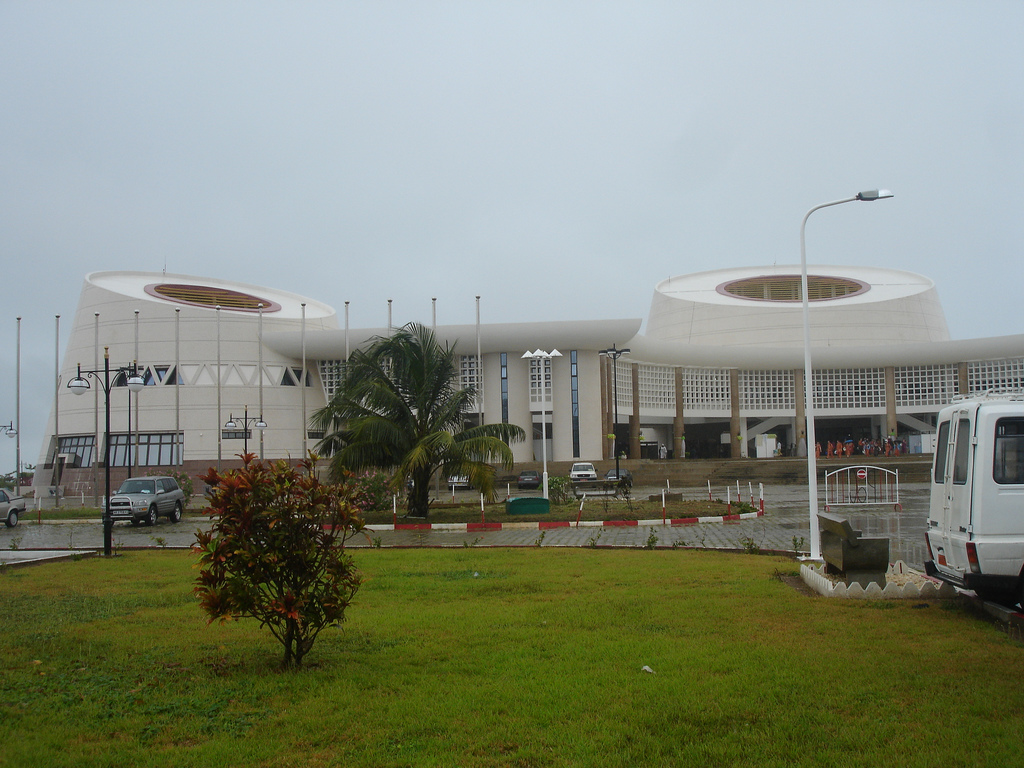
Openness to Foreign Investment
Many opportunities for foreign investments are linked to the privatization process in which Benin has been engaged for the past several years. The number of parastatals was reduced from 130 in 1980 to 27 in 1999. As a result of privatization and civil service reform, public payroll jobs were reduced to 31,503 in 1998. Recent privatizations have included the oil parastatal (Sonacop), a cement company (SCO) and a brewery (Sobebra). However, the privatization process has not been entirely transparent, particularly in the case of Sonacop. Plans to privatize other parastatals, notably the Government-run agricultural parastatal and cotton purchasing monopoly (Sonapra) and the electricity and water company (SBEE), have stalled, although in June 2000, the GOB pledged that the Sonapra privatization would proceed, without, however, providing details of a schedule for same. The Government requires that Beninese nationals partly own privatized companies.
Many infrastructure renovation contracts are funded by grants or loans from the World Bank or other international development banks. Some major contracts have been signed already while several projects are still on the horizon. The current investment code establishes the conditions required to obtain benefits under different investment regimes and grants the investment control commission at the Ministry of Industry extensive discretionary power. A major Government construction project, for example, was recently awarded to a French company and one company that lost the bid complained that the French company paid bribes to get the project.
The tax reforms introduced in recent years largely remove the need for special incentives to potential investors. The 1990 investment code was promulgated in order to establish a simplified system readily accessible to all investors. In recent years, the Government established a “processing office” (“Guichet Unique” or one-stop-shop) at the Trade Ministry to help dispense with unnecessary and time-consuming formalities facing investors. As a practical matte, many investors complain that the investment code is difficult to implement in practice because of inefficient, unmotivated, corrupt bureaucracy.
Currency Conversion and Transfer Policies
Benin is a member of the West African Economic and Monetary Union (UEMOA/WAEMU). Its currency is the CFA Franc, which is issued by the Central Bank of West African States (BCEAO). In order to stimulate economic recovery, an adjustment of the exchange rate was implemented and the CFA Franc was devalued by 50 percent on January 11, 1994. As of that date, 100 FCFA equal one French franc. One US dollar, at present, equals about F CFA 700 (June 2000). The conversion system does not set restrictions on international transfers. The existing commissions taken on transfers were eliminated in 1990. As of August 2, 1993, it is forbidden to buy CFA bank notes outside of the franc zone. The Central Bank made this decision to stem capital outflows from the West African Monetary Union. One unanswered and noteworthy concern for investors is the long-term effect of the European union's euro on the FCFA. Some investors are also concerned that another devaluation of the FCFA could occur.
Expropriation and Compensation
As stipulated by law, any enterprise operating in Benin is guaranteed that the state will make no attempt to nationalize it. The Government at this time is focused on continuing to privatize its state-owned industries and has shown no indication of returning to the policy of expropriation carried out prior to the establishment of democracy in 1990. The President has spoken publicly and often about the importance of attracting foreign investment. We are aware of no pending expropriation disputes involving U.S. companies.
Dispute Settlement
The settlement of disputes pertaining to breach of contract, contract enforcement, claims, land title and related issues must be adjudicated in the civil courts. There is no separate commercial court system. Moreover, there is no system that consistently publishes decisions rendered by the courts. The backlog of civil cases often results in a wait of two or more years before matters proceed to trial. In recent years, judges have shown increasing independence and have ruled against Government interests. Judicial corruption remains an impediment to administration of justice. Corruption is less of a problem at higher levels, but businesses and other litigants routinely complain that corruption is widespread at the trial court level as well as at administrative hearings.
Performance Requirements and Incentives
Although the Government maintains a welcoming posture to foreign investors, we are unaware of performance incentives per se targeting foreign investors. By the same token, performance requirements are absent. Foreign investors have generally not complained of discriminatory or preferential export or import policies, although foreign businesses complain that they are held to higher standards than Beninese businesses. For example, foreign companies are required to adhere to social security and labor regulations, which are routinely ignored or minimally followed by Beninese companies. One long established American company has complained of discriminatory treatment in being refused permission to establish a bonded warehouse for goods in transit. Foreign investors and workers are not subjected to onerous visa or residency permit requirements. However, delays in obtaining visa and residence permits are often lengthy.
Private Ownership Rights
The right to private ownership and investment exists in theory and practice. Beninese law guarantees freedom of trade; choice of customers and supplies; the right to move freely in all parts of the country; the right of foreign employees and their family members to leave the country; and freedom from Government interference in the management of private enterprises.
Protection of Property Rights
Secured interests in real and personal property are recognized and enforced. Benin's legal system protects and facilitates acquisition and disposition of all property rights, including land, buildings and mortgages. The Government respects intellectual property rights. In practice, however, bootlegged musical cassettes and CD's are widely available despite Government interdiction efforts. Land tenure remains a complicated question in many areas and it is sometimes difficult to transfer clear title to real property.
Transparency of Regulatory System
Although the Government has adopted a transparent policy to foster free enterprise, bureaucratic red tape is a problem. Bureaucratic procedures are insufficiently streamlined and are rarely transparent in practice. Trade regulations derive from the French “Code de Commerce”. Although some trade regulations are unique to Benin, most trade regulations are residual French Colonial-period laws adopted in France between 1807 and 1960 (the date of Beninese independence). These account for an excess f paperwork and countersignings by various ministries. They also militate against the move towards one-stop-shop approach while fostering opportunities for corruption. In the early 1990's the Government enacted a series of reforms aimed at modernizing trade regulations. Many labor laws, however, remain holdovers from the Marxist era and serve as impediments to private enterprise, despite revamping of the labor code in 1998.
Political Violence
Benin is a democracy by any measure. Its third legislative elections were conducted peacefully on March 30, 1999 with widespread voter participation. Political violence is extremely rare, although there were isolated incidents of clashes between political partisans in the moths preceding the legislative elections. There are no nascent insurrections or other politically motivated violent activities. Beninese from all walks of life and in all regions feel free to express political views, without fear of reprisal from the Government. More than one hundred political parties are registered. Benin enjoys friendly relations with its neighbors. Ordinary crime is low, even in urban areas, although rising crime rising crime, especially property crime, is a national preoccupation.
Corruption and Crime
Benin has laws, regulations and penalties aimed at combating corruption. The President and the Reformist Finance Minister have targeted corruption within and without Government. Concrete results in brining culprits to book, however, remain modest to date. The President has established special task forces to tackle Government corruption and the Finance Minister has launched efforts to dissuade and punish civil service corruption, including bribery, actual prosecution and punishment is extremely rare. Nonetheless, high-level Government willingness to combat corruption appears sincere, as exemplified by the actions of the current Minister of Finance, Bio Tchane. These are expected to yield results in coming years. Efforts to battle corruption by civil society, notably the Catholic Church, have also had some positive effect in influencing public attitudes. The creation of a Transparency International (TI) Branch in Benin with U.S. seed money has had a positive effect in elevating the profile of this critical problem in the public eye.
Some U.S. firms operating in Benin have identified corruption as a major obstacle to direct investment. Businesses note that corruption is endemic and an unavoidable aspect of doing business in Benin. Corruption at the Port of Cotonou is an impediment to exporters and importers alike. Foreign businessmen complain that establishing a business requires numerous bribes; examples include civil servants at the State-owned telecommunications parastatal (OPT) who demand a bribe before granting a phone line. Labor ministry inspectors reportedly demand a bribe to monitor union elections.
Labor
Unskilled labor is widely available but adequately trained, skilled labor is in short supply in many areas, including engineering and accounting.
The Government adheres to international labor standards and fully recognizes the right to form unions and engage in collective bargaining. The labor movement, especially civil service unions, has actively opposed privatization. The Government adopted a new labor code in 1998 aimed at increasing flexibility regarding hiring decisions, eliminating the need for prior authorization from the Labor Directorate for employee dismissal, and consolidating labor regulations currently dispersed in various texts. As a practical matter, however, Benin's labor practices contain many inefficient practices hearkening back to the Marxist era. Foreign companies who dismiss employees for unsatisfactory performance are absolutely sued. Foreign companies also claim that labor inspectors hold them to a higher standard than Beninese firms. Child labor is widespread and the GOB, although not formally permitting this practice, makes little effort to suppress it.
International Investment Agreements
Benin has a bilateral investment agreement with France but none with the United States. With respect to investment protection, Benin has concluded agreements with several European countries including:
• Germany; October 10, 1993 agreement pertaining to the mutual encouragement and protection of investment capital.
• Great Britain; November 27, 1987 agreement for the protection of British investments in Benin.
Benin is also a signatory of various multilateral agreements for investment protection, including the Multilateral Security Agency and Convention for the international Settlement of Investment Disputes. Moreover, the repatriation of assets and profits is free in Benin.
Foreign Trade Zones
There is a free trade zones in the port of Cotonou for Benin's landlocked neighbors (Burkina Faso and Niger). Foreign importers have complained, however, that port corruption makes it difficult to benefit from this entity.
Foreign Investment Statistics
Most of the foreign investment that has entered Benin since 1990 has been through acquisition of interests in privatized companies. Following are examples of companies sold in part to foreign investors, listed by name, activity, price and buyer:
• Sobetex (textile) – 282 million CFA – by Schaeffer (French)
• Manucia (Tobacco) – 1.3 billion CFA – by Rothmans International
• Sonaci (cement company) – 4.2 billion CFA – by Scancem (Scandinavian)
• SCB (cement company) – 1.1 billion CFA – by Amida (French)
• Le Beninoise (brewery) – 7.8 billion CFA – by Catel-BGI (French)
• Sotraz (public transportation) 42 million CFA – by SEG (French)
Principal foreign investors in Benin hail from France, other European countries and Canada.
Taxation
The corporate income tax rate is 38 percent for most companies, and 58 percent for petroleum and mining companies. Those enterprises exempt from income tax include agricultural credit unions and mutual associations. If reinvested within three years, capital gains are exempt from tax.
Stock Market
The Bourse Regionale des Valeurs Mobilieres (BRVM) was opened in September 1998 to serve as a regional financial market for the member-states of the West African Economic and Monetary Union (UMOEA), which includes Benin, Burkina Faso, Côte d'Ivoire, Guinea-Bissau, Mali, Niger, Senegal and Togo. At inception, the BRVM listed 35 companies on its exchange.
Listing requirements include: a share capital of CFAF 200-500 million; 15-20 percent public ownership; five annual reports; balance sheet.
The BRVM has computerized trading with satellite links. Trading occurs on Mondays, Wednesdays, and Fridays. Trading is now decentralized so that member-countries can trade simultaneously from their national bourse via satellite links.
For more information on the Bourse Regionale des Valeurs Mobilieres, see URL: http://www.brvm.org
Cr:http://www.aabf.org/benin_inv_guide.htm
Cr:http://upload.wikimedia.org/wikipedia/commons/f/f1/Parliament_building_of_Benin,_2007.jpg
-

Senegal comes to the fore as Africa’s hottest investment location
1 ธันวาคม พ.ศ. 2557 -
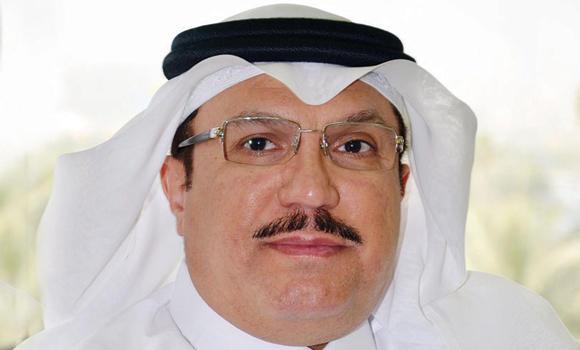
GCC-Morocco forum focuses on investments, partnerships
2 ธันวาคม พ.ศ. 2557 -
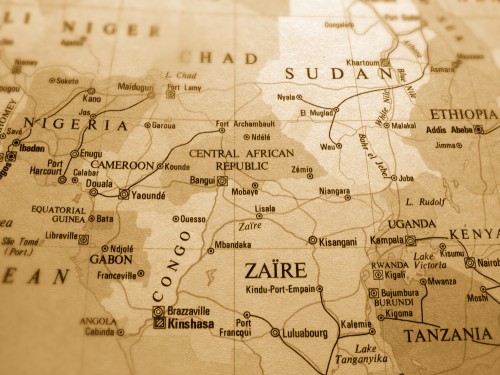
Cameroon looks to SMEs at home and abroad to boost economy
4 ธันวาคม พ.ศ. 2557
